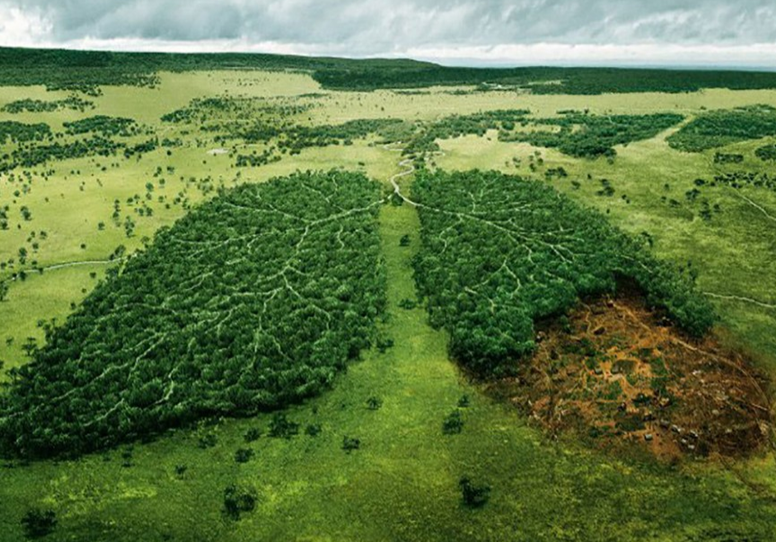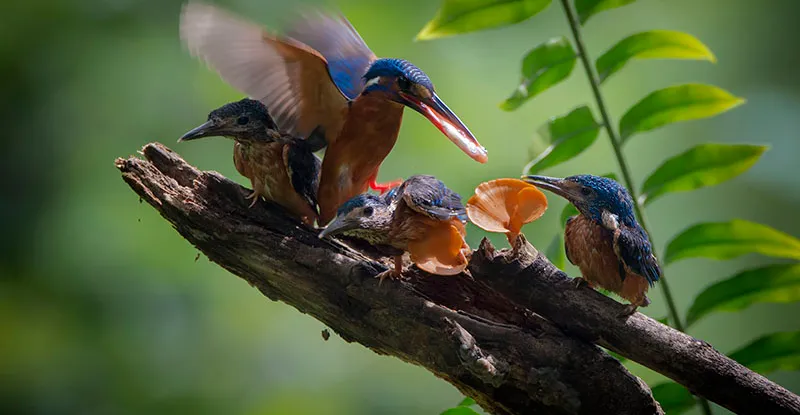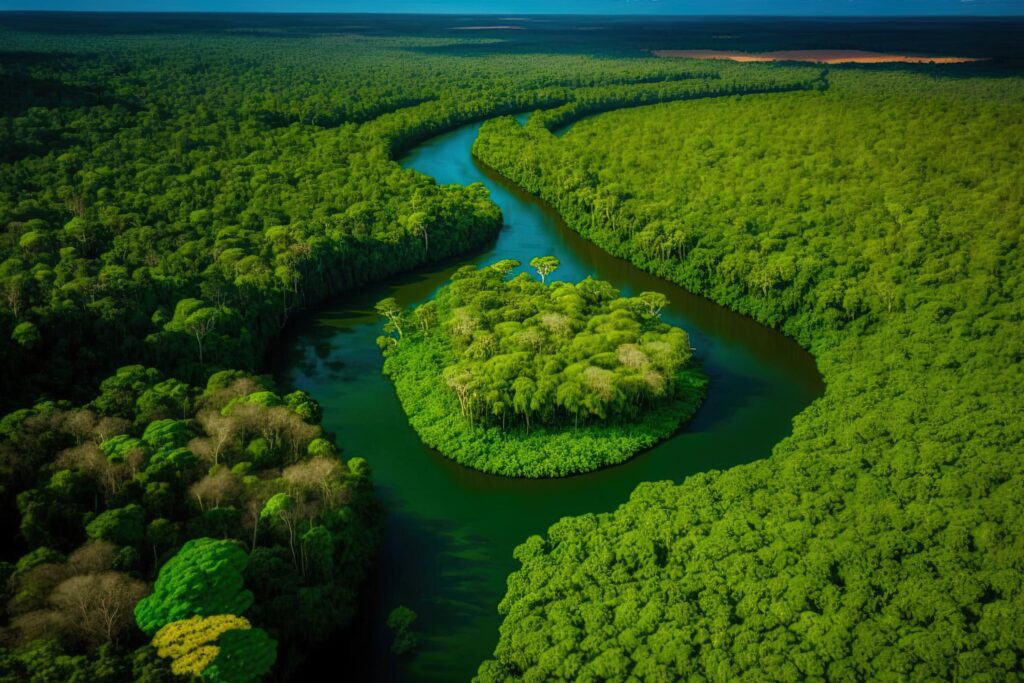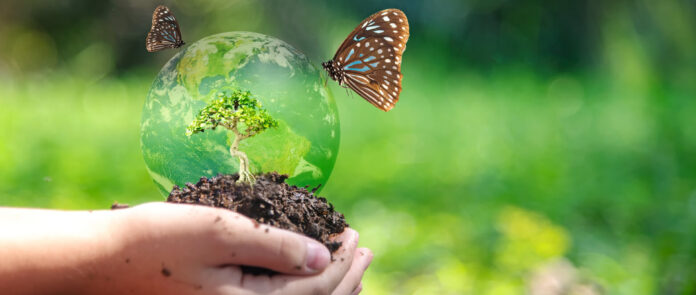Dive into the enchanting world of biodiversity, where every corner of our planet is teeming with life in all its forms. From the tiniest microorganisms to towering trees, biodiversity encompasses the variety of living beings and ecosystems that make Earth a vibrant and dynamic place. Let’s embark on a journey to unravel the beauty and significance of biodiversity, understanding its importance for our planet and future generations.
Biodiversity, short for biological diversity, is the intricate web of life that encompasses all living organisms and their interactions. It encompasses the variety of species, genetic makeup, and ecosystems found on Earth, reflecting the evolutionary, ecological, and cultural processes that sustain life.
At its core, biodiversity is a measure of the variety and abundance of life forms, from the genetic level of a single cell to the complexity of entire ecosystems. Scientists categorize biodiversity into three main levels: species diversity, genetic diversity, and ecosystem diversity.
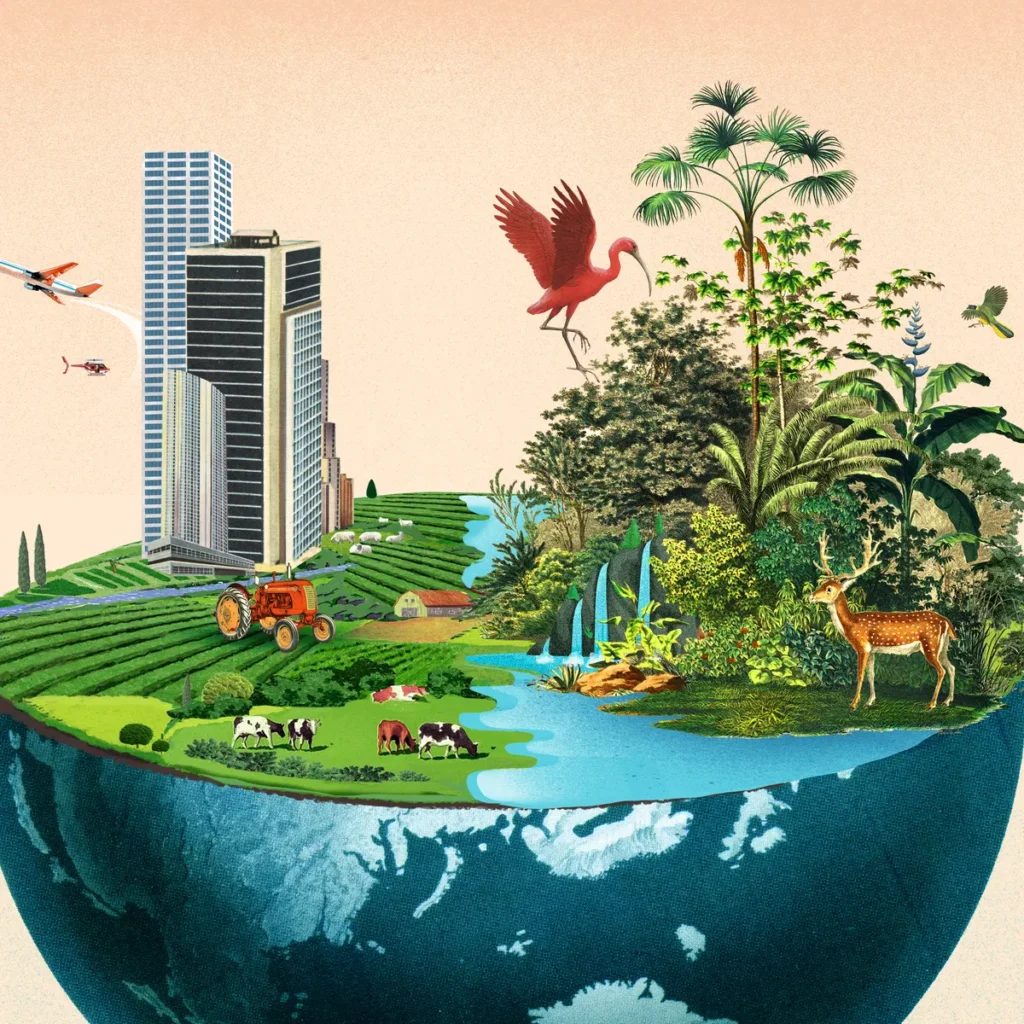
Species diversity refers to the number of different organisms and their relative frequencies in an ecosystem. From majestic blue whales to microscopic bacteria, every species plays a vital role in maintaining the balance of nature. Genetic diversity, on the other hand, explores the variation within species, ensuring resilience and adaptability to changing environmental conditions. Ecosystem diversity encompasses the range of habitats and ecological communities found in different regions, from lush forests to vast oceans.
Biodiversity holds immense ecological and economic significance, providing us with essential resources such as food, medicine, and clean air and water. It supports ecosystem services such as natural hazard mitigation, climate stabilization, and recreational opportunities, contributing to human health, well-being, and livelihoods.
However, biodiversity faces threats from human activities such as deforestation, over-exploitation, pollution, and climate change. Loss of biodiversity undermines ecosystems’ ability to function effectively and reduces nature’s resilience to environmental changes.
Conservation efforts play a crucial role in safeguarding biodiversity for future generations. In situ conservation focuses on protecting species and habitats in their natural environment, while ex-situ conservation involves preserving genetic diversity outside of the natural habitat through methods like seed banks and captive breeding programs.
In conclusion, biodiversity is the cornerstone of life on Earth, enriching our planet with its vast array of species and ecosystems. As stewards of the environment, it is our responsibility to preserve and protect biodiversity for the well-being of present and future generations.
#BiodiversityExploration #Nature’sRichness #ConservingLife #EnvironmentalStewardship #SpeciesDiversity #GeneticVariability #EcosystemHealth
